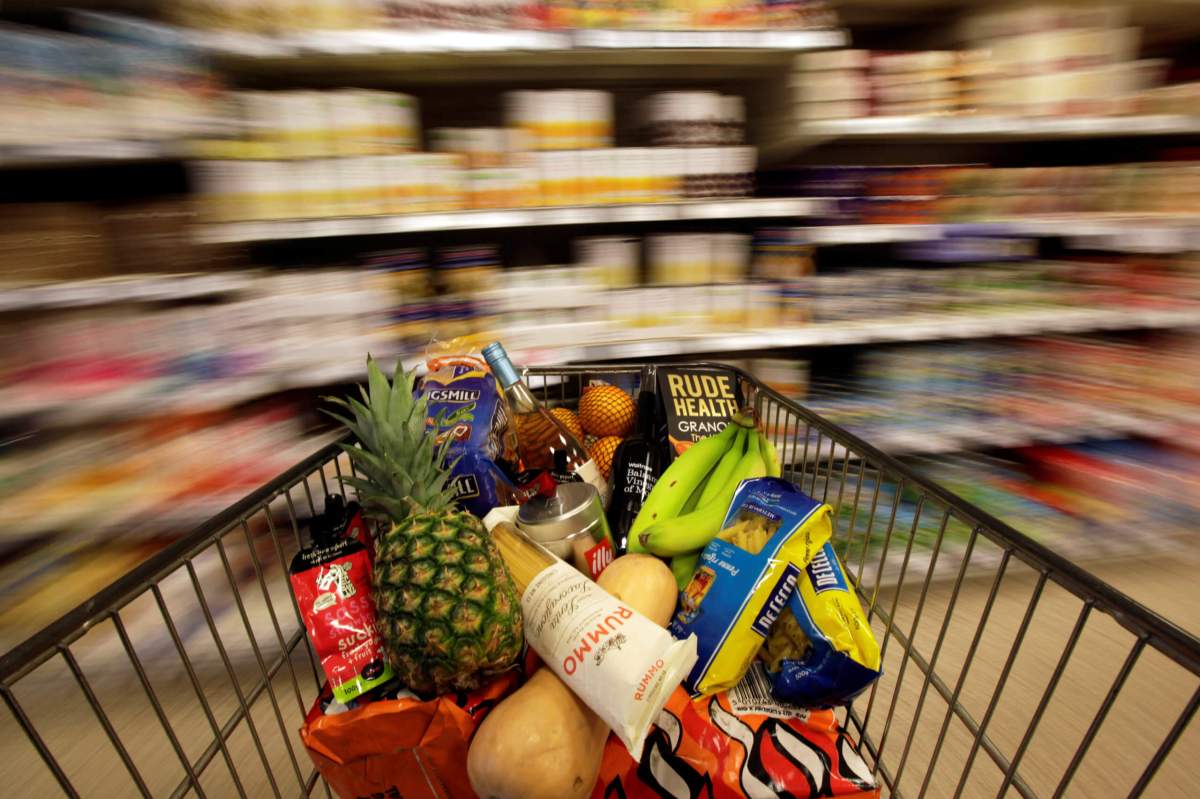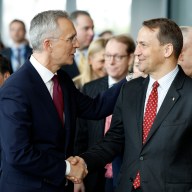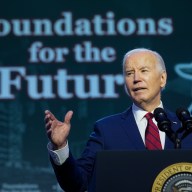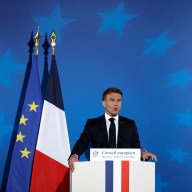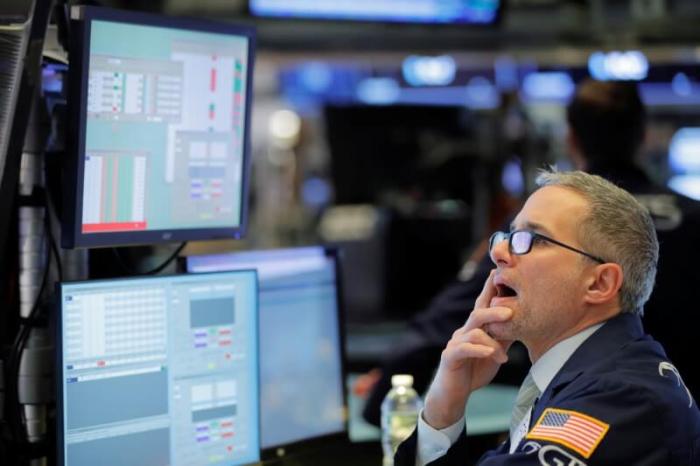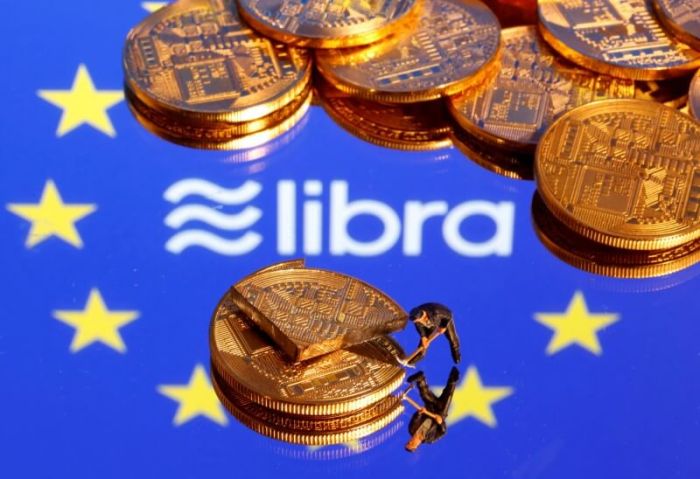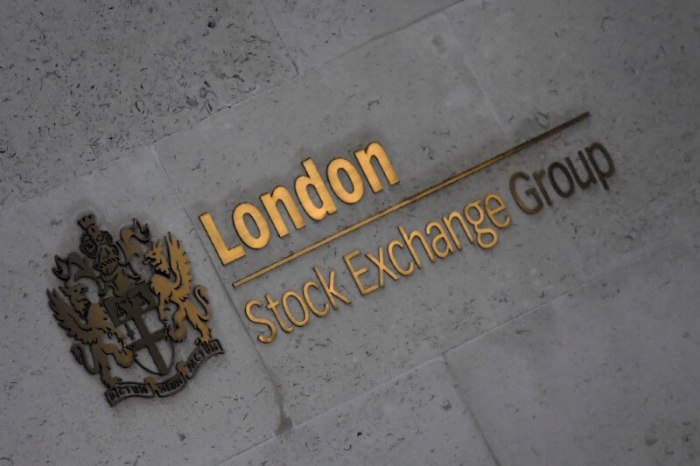By Andy Bruce and William Schomberg
LONDON (Reuters) – British inflation remained at a three-year low in November, comfortably below the Bank of England’s 2% target before its next interest rate announcement on Thursday, official data showed.
Consumer prices rose at an annual rate of 1.5% for a second month running in November, the Office for National Statistics (ONS) said on Wednesday, a little stronger than the median expectation for a 1.4% increase in a Reuters poll of economists.
The figures are unlikely to shift expectations that two of the Bank of England’s nine monetary policy officials will again vote to cut rates this week, though political uncertainty in Britain has been reduced by the scale of Prime Minister Boris Johnson’s victory in last week’s election.
The BoE said last month that inflation would probably fall to 1.25% in early 2020 because of caps on energy and water prices, but was likely to be back above its 2% target in about three years’ time.
The two officials who voted to cut rates at the November meeting cited signs of a cooling in Britain’s labor market, and the Monetary Policy Committee as a whole sounded cautious about the outlook as the global economy slowed.
“With inflation well below target, little sign of underlying price pressures and GDP growth running below trend, an interest rate cut on Thursday shouldn’t be completely ruled out,” said Ruth Gregory, economist at consultancy Capital Economics.
“Even so, coupled with yesterday’s robust labor market figures, the pressure on the (BoE) to cut interest rates at its meeting tomorrow appears to have eased somewhat.”
British government bond prices fell on the data.
The ONS said price rises for chocolate, concert tickets and package holidays were offset by falling hotel costs and a much smaller increase in cigarette prices compared with a year ago after a tax increase.
A measure of core inflation, which excludes energy, fuel, alcohol and tobacco, held at 1.7% in November, as expected.
The ONS figures also suggested less short-term pressure in the pipeline for consumer prices.
The prices charged by British factories for their products rose 0.5% year-on-year in November, the smallest increase since July 2016.
Separate data from the ONS showed house prices in October rose by an annual 0.7% across the United Kingdom, the smallest increase in more than seven years, after a 1.3% rise in September.
Prices in London alone fell by 1.6%, the biggest drop since June.
(Writing by Andy Bruce, editing by Larry King)

